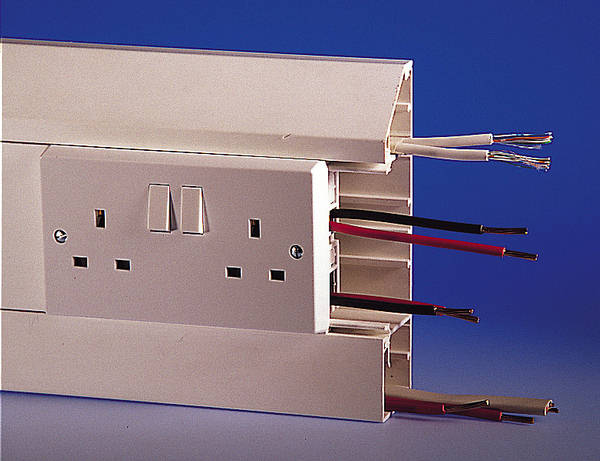I think the thing to remember in England it is now a criminal offence not to have electrical work certified..
No Bob , it isn't. There is much work that can be done that is outside part P, and I am afraid to tell you that quite a number of those "part P certified electricians" are unemployed window cleaners who have been on a FIVE WEEK!!! course. I am a fully qualified electrician, five year apprenticeship, 3 years tech college, City& Guilds National Diploma in electrical engineering, plus 40 years in the industry, and yet I cannot now wire a house without having my work checked by another and certified….or I can pay some money to join one of the "clubs" (£600-£800) and then pay them a yearly fee( £300) for nothing so that I can keep wiring houses (part P ONLY applies to domestic premises) Part P has already been watered down after much protest from the electrical industry, and most of the restrictions on kitchen work have gone, although bathrooms are still a restricted area. Having said that the requirements are not particularly onerous, you can get many online guides to part P requirements, and you can "do it yourself" If there was already a ring main in your workshop, even if it only had two sockets, you can extend it. If there is already a lighting circuit, you can add to it. There is no requirement to bring existing installations up to the latest standards, as long as they complied with the regs in force when they were installed and are in good condition they are fine. Domestic wiring is not rocket science, it is the very BOTTOM of the electrical skills level, and the overall effect of part P has been to make electrical installations in domestic premises less safe, not more safe as was supposed to the claimed reason for their introduction. For your personal protection I would use an RCD to protect the whole installation, and make sure that your machines are earthed , but I would still have rewireable fuses. The reason for this is simple, and it seems to have occurred to no one in the IET that RCD's and MCB's are not fail safe. In other words, if they become faulty in use, THEY DO NOT SWITCH OFF! Be careful out there people!
I think I would proceed as follows, if there is already a feed to the shed and a consumer unit in place, and you are confident you can do it safely, do it yourself and say nowt. If you need to obtain a feed from your existing consumer unit and run a new sub main, I would look for a friendly sparks who will do the connecting up for you and certify what you have done (they can do this now, another part of "P" that has been dumped) You could get your local electrical building inspector to come round, they inspect, but do not test or sign off work, you would have to do that yourself as a "competent person", and the new testing regime requires expensive equipment, and the knowledge to use it., and of course there is a fee! any advice needed< let me know.
Phil
Nick_G.





